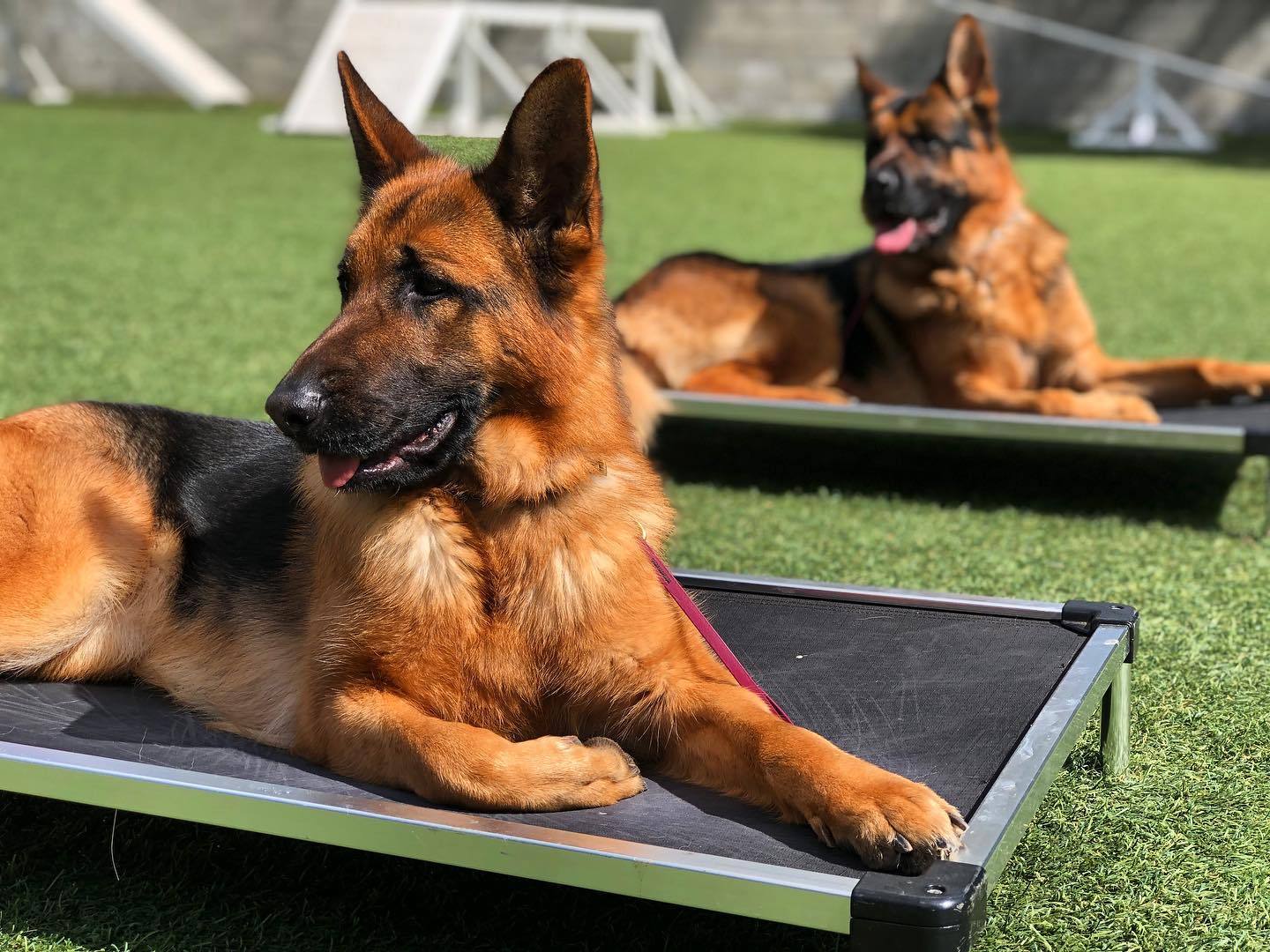Anxiety could lead to chewing. Tips to help De-Stress Your Dog

A lot of our customers find us because their pup may suffer from separation anxiety that leads to chewing. As we like to say, every dog deserves a bed. We do our best to make strong, durable products that can hold up to and provide comfort for pups that chew and scratch their beds. Anxiety is a common problem in dogs. Signs of stress include tucking tail, pacing, barking, licking, running away, trembling, making in the house, or destructive behaviors such as chewing.
Remarkably, one in five dogs is thought to experience some form of separation anxiety. It affects all breeds but male dogs may be slightly more predisposed. Anxiety could be caused by past activities that were negative or caused fear. Causes of stress can vary. Here are a few factors that may cause dogs to stress out:
- Fear
- Changes in routine
- Separation anxiety
- Lack of socialization
- Loud noises
- Vet visits
- Travel
- A new pet or baby
- Pain or other medical conditions
You should always start at your vet for potential solutions to de-stress, some conditions may be able to be helped with training, some may take medications but here are a few other things that may help.
- Exercise- helps release nervous energy. A tired dog is a relaxed dog
- Training – crates can serve as a safe, comfortable space for your pup while you're away
- Rewards – practice leaving f a few minutes at a time. If your pup stays calm, give them a treat
- Music – just like humans, music can help soothe and relax
Other things that can help are practicing separation for small periods of time. Try occupying your dog with something to do while your away with something like toys that allow treat stuffing. Most importantly when dealing with a stressed-out pup is to stay calm yourself. Dogs respond to cues you give them, don’t make leaving or coming home a big deal. Engage less with your dog before leaving can reduce their anticipation and overall anxiety levels. I realize it's hard to talk in a normal voice when returning home because your probably just as excited to see your dog as they are to see you, but it can help. Figuring out what is the root cause of the stress and eliminating it if possible will lead to the best results.
If your pup is a persistent chewer due to stress or separation anxiety check out our Chew-Proof Armored products
Leave a comment